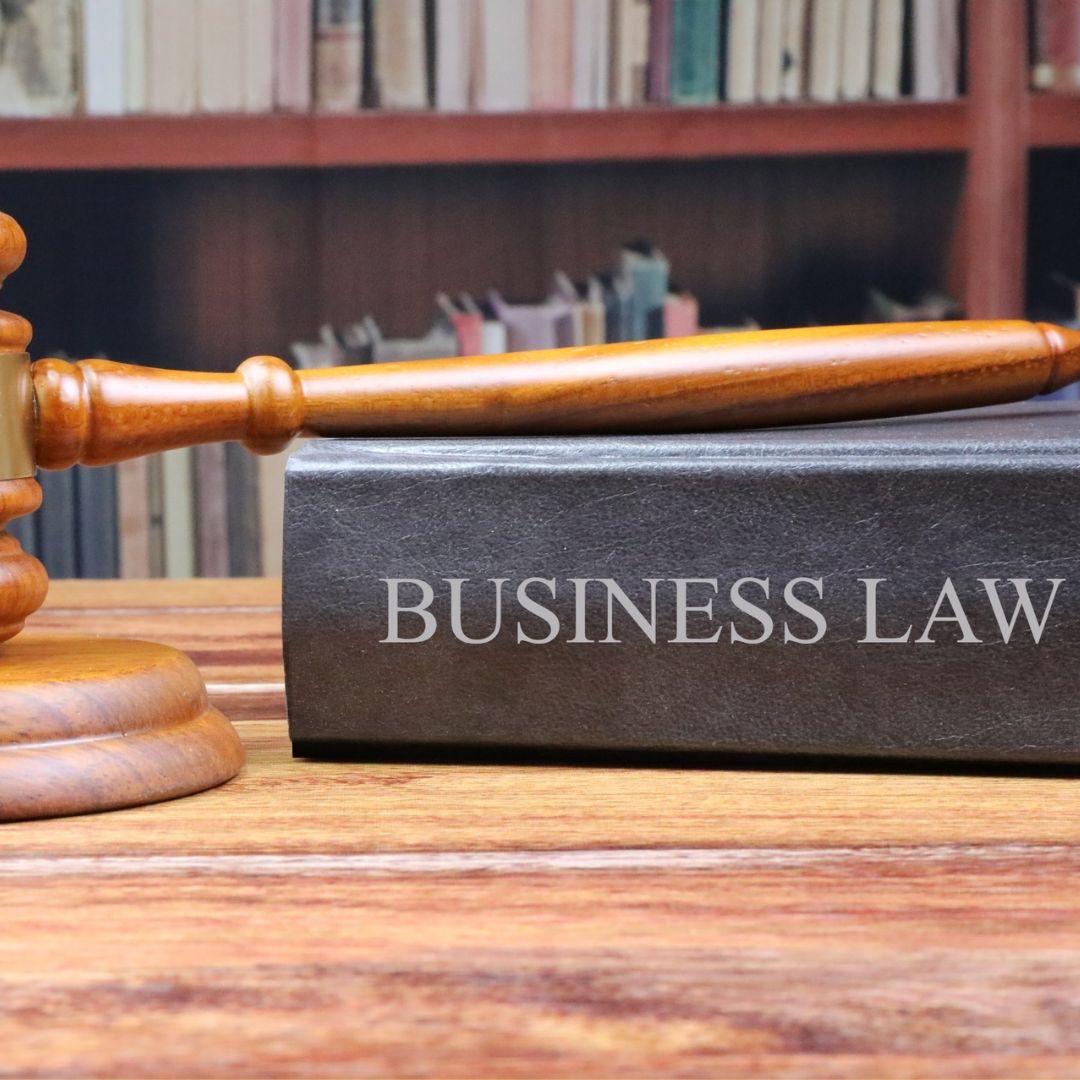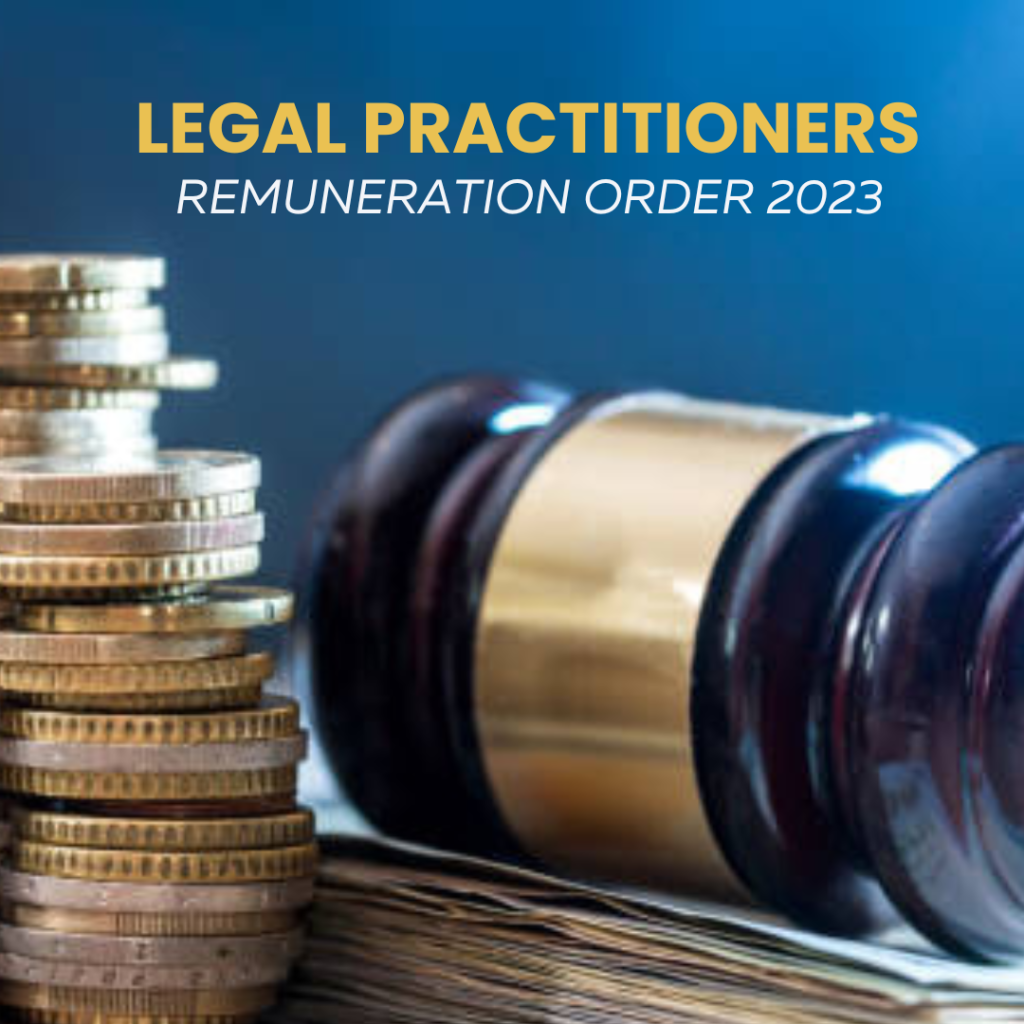Tortious Interference in Nigeria: The Case of Oshiomole & The Federal Government of Nigeria
In the world of commerce, competition is inevitable, but ethical boundaries must be respected. When a party wrongfully interferes with another’s business, causing financial loss, the law steps in to protect the integrity of trade and commercial relationships. One of the earliest cases establishing this principle is Tarleton v. M’Gawley (1793), which remains a foundational precedent in tort law.
The Case of Tarleton v. M’Gawley (1793)
This case involved two competing traders engaged in commerce along the African coast. The plaintiff, Tarleton, owned a trading vessel that engaged in business with local African traders. His competitor, M’Gawley, operated a rival ship. In a bid to sabotage Tarleton’s business, M’Gawley resorted to extreme measures—he fired a cannon to frighten the local traders, preventing them from engaging in commerce with Tarleton’s vessel. As a direct consequence, Tarleton suffered financial loss due to the deliberate obstruction of his trade.
The court ruled in favor of Tarleton, holding that M’Gawley’s actions constituted tortious interference with business. By employing force to disrupt a competitor’s trade, M’Gawley was found liable for damages. This case established a critical legal principle: any deliberate act that unlawfully obstructs a competitor’s business can lead to liability. The ruling reinforced the idea that fair competition must be preserved and that businesses must not resort to wrongful means to gain an advantage over rivals.

Tortious Interference in Nigeria: The Case of Oshiomole & Anor v. Federal Government of Nigeria & Anor (2006)
The principles outlined in Tarleton v. M’Gawley are not confined to English law; they have been applied in various jurisdictions, including Nigeria. A notable case that underscores the applicability of tortious interference in Nigeria is Oshiomole & Anor v. Federal Government of Nigeria & Anor (2006) LPELR-7570 (C.A).
In this case, the appellant, Adams Oshiomole, objected to the implementation of a price hike in gas by the Federal Government. In response, he influenced citizens to proceed on a strike action as a form of protest. The respondent—the Federal Government—argued that Oshiomole’s actions constituted interference with its economic policies. Furthermore, it contended that in mobilizing citizens to embark on strike, Oshiomole must have disclosed certain sensitive details that should have remained privy to only the government and its stakeholders. The Court of Appeal upheld this argument and ruled in favor of the respondent, recognizing the principle of tortious interference.
The Global Relevance of Tortious Interference
The doctrine of tortious interference is not limited to a single jurisdiction; it is a globally recognized principle that ensures fair play in business. Whether in Nigeria, the United Kingdom, or elsewhere, the courts have consistently upheld the idea that businesses and individuals must not engage in wrongful conduct that disrupts commercial activities. This principle safeguards the economic system by ensuring that competition remains ethical and free from unlawful disruptions.
The Rule of Law and Business Ethics
In every business environment, adherence to the rule of law is fundamental to sustainable growth and fair competition. When parties resort to wrongful means—such as coercion, intimidation, or spreading misinformation—to gain an upper hand, the very fabric of commerce is threatened. Legal frameworks, as seen in Tarleton v. M’Gawley and Oshiomole & Anor v. Federal Government of Nigeria & Anor, exist to ensure that businesses operate within lawful boundaries.
Tortious interference cases serve as a reminder that while competition is healthy, it must be conducted within the confines of fairness and legality. Companies, individuals, and even governments must recognize that wrongful interference in business operations can attract legal consequences. The enforcement of these principles promotes economic stability, investor confidence, and a thriving commercial ecosystem where all stakeholders can compete fairly.
Conclusion
The significance of tortious interference in business law cannot be overstated. The principles established in Tarleton v. M’Gawley over two centuries ago continue to influence legal systems worldwide, including Nigeria. The ruling in Oshiomole v. Federal Government further reinforces the universal application of this legal doctrine. In a world where businesses are constantly evolving, maintaining ethical standards and upholding the rule of law ensures that competition remains just, fair, and beneficial to all parties involved.
By recognizing and enforcing the laws against tortious interference, courts play a crucial role in maintaining the integrity of commerce. The message is clear—no entity, regardless of its power or influence, has the right to disrupt another’s business unlawfully. Upholding these principles safeguards economic growth and ensures that all players in the marketplace are given a fair opportunity to thrive.





About The Author: Admin
More posts by admin